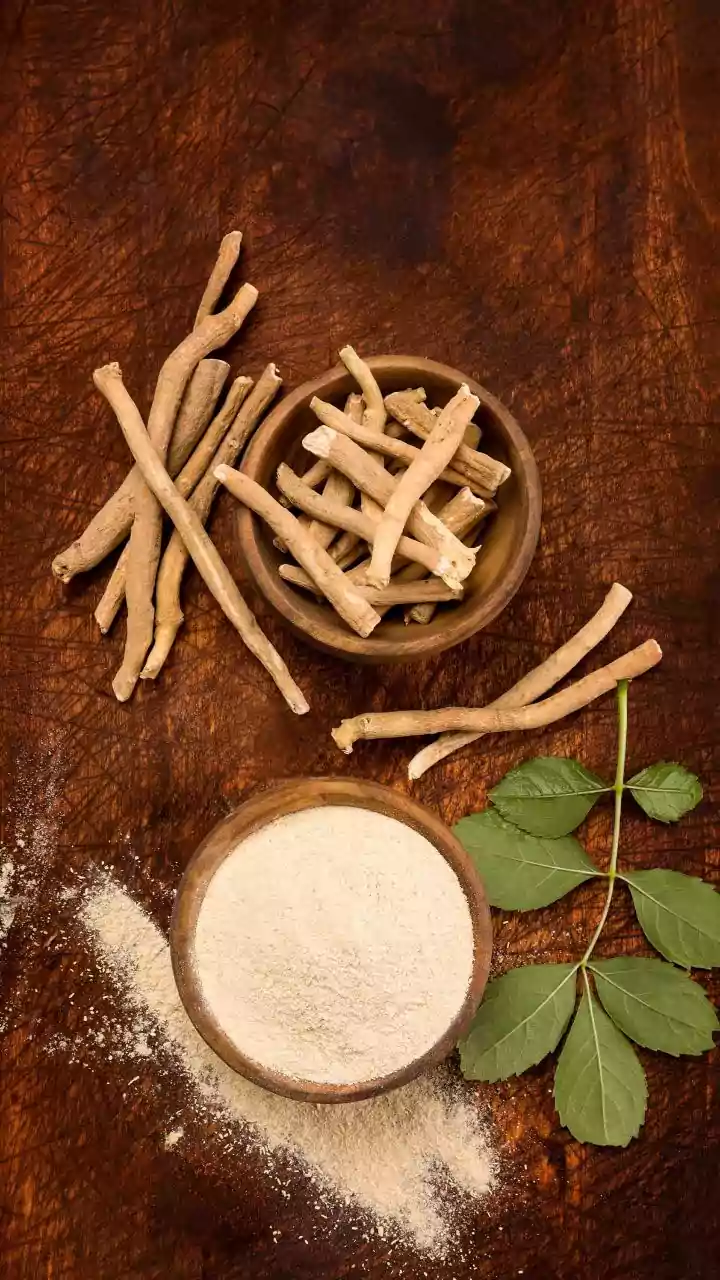Tea for Wellness
Herbal teas have long been celebrated for their therapeutic properties, and when it comes to heart health, certain teas stand out for their potential to lower
cholesterol levels. These teas offer a natural approach to supporting cardiovascular well-being, complementing a balanced lifestyle. Unlike medications, these teas have fewer side effects, making them a safe choice. Furthermore, they are easily accessible and can be prepared at home. When considering your health, herbal teas provide an enjoyable and beneficial option. Adding these teas to your daily habit can be a simple yet effective way to maintain a healthy heart.
Hibiscus' Red Power
Hibiscus tea, known for its vibrant red color and tart flavor, is a powerful ally for heart health. Studies have demonstrated that regularly consuming hibiscus tea can lead to a reduction in both systolic and diastolic blood pressure. Beyond this, hibiscus tea can also help to lower LDL cholesterol, often referred to as 'bad' cholesterol, and raise HDL cholesterol, or 'good' cholesterol. It works by preventing the absorption of cholesterol in the body. Preparing hibiscus tea is straightforward, involving steeping the dried hibiscus flowers in hot water. For a richer flavor, add a touch of honey or lemon. Incorporating hibiscus tea into your diet is an easy way to promote cardiovascular wellness. Remember to consult a healthcare professional before making significant changes to your diet, especially if you have pre-existing health conditions or are on medication.
Green Tea's Boost
Green tea, a staple in many cultures, is also excellent for heart health. It is packed with antioxidants, specifically catechins, which are potent in improving cholesterol profiles and protecting the heart from damage. Green tea helps in reducing LDL cholesterol levels. Additionally, it improves the function of blood vessels, enhancing blood flow and lowering the risk of clots. Brewing green tea properly helps to unlock its full potential. The water should be hot, but not boiling. Green tea is often considered a great addition to any diet. Its benefits extend beyond cardiovascular health, contributing to an overall sense of well-being. As with any new health regimen, it's wise to consult a healthcare provider to ensure that green tea consumption aligns with individual health needs.
Oolong Tea's Role
Oolong tea, a traditional Chinese tea, strikes a balance between green and black teas, offering a unique blend of health benefits. This tea has been linked to a reduction in cholesterol levels, offering cardiovascular support. It contains compounds that can aid in fat metabolism, which in turn benefits the heart. Oolong tea can be brewed at slightly higher temperatures than green tea, allowing its flavors to fully develop. When enjoyed regularly, oolong tea promotes heart health. Always remember to adjust your tea intake according to your health needs and consult your doctor to ensure that it aligns with your health regime. Oolong tea, with its unique characteristics, makes it an attractive choice for those looking to boost their heart's wellness in a tasty manner.
Black Tea's Defense
Black tea, another popular choice, is made from the same plant as green tea, but undergoes a different processing method. This tea is also packed with antioxidants and can improve cholesterol levels. Studies suggest that regular black tea consumption may help lower LDL cholesterol and increase HDL cholesterol. Black tea is easy to prepare; simply steep the tea leaves in hot water. It can be enjoyed plain or with milk and sweetener, according to your preference. While black tea provides several health advantages, it also contains caffeine, so it’s important to monitor your intake. Black tea, when incorporated responsibly, can be a great addition to your diet. Before starting a new tea regimen, consult with a healthcare expert to ensure that it is compatible with your current health situation.




















